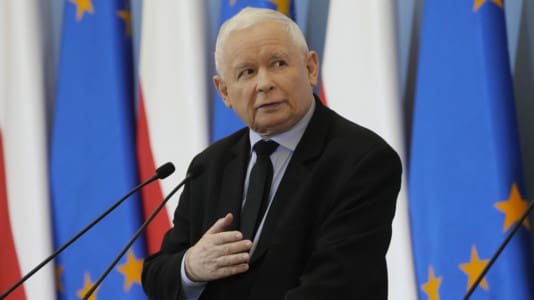The head of Poland’s central bank, Adam Glapiński, was in reassurance mode after the Monetary Policy Council (RPP) decided to not raise interest rates.
At a press conference, Glapiński predicted inflation would begin to slow down by the end of the first quarter and would reach single digits by the end of the year. He added that although the rate of increase of Poland’s GDP was likely to slow to near zero, a recession or hyperinflation were unlikely.
He still acknowledged that inflation could rise in the first two months of 2023.
Glapiński’s assessment of the international economic outlook was that there will be a recession in Germany. He felt Poland, however, would avoid recession and record GDP growth at around 0.7 percent. That would likely be one of the best results in the EU.
As far as inflation was concerned, Glapiński felt that it should slow down in most countries as energy prices stabilize; he admitted that petroleum and oil prices were stabilizing, but this could not yet be said about gas, power, coal, or food.
Glapiński was very upbeat about the prospects for the Polish economy in the longer term. He predicted that Poland could reach the same GDP per capita as France within the next 10 years. On current trends, he said inflation was likely to fall to between 6 and 9 percent by the end of next year and that the inflation objective set by Poland’s central bank (not more than 3.5 percent yearly) would be achieved by 2025.
Glapiński defended the actions of the central bank with regard to interest rates. He refuted the argument that the rise in interest rates was late, arguing that the objective of dampening demand had been attained, as evidenced by the reduced number of mortgages.
Following Wednesday’s meeting, the Monetary Policy Council maintained the base interest rate at 6.75 percent for a third month in a row. Commentators felt that should the economy begin to drift into a recession, the central bank might even consider lowering interest rates by May of next year.





